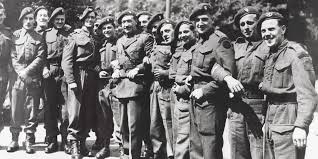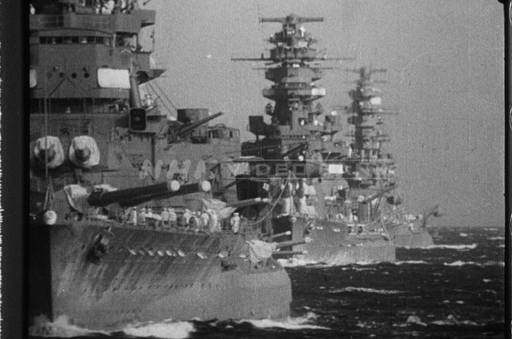

Which Allied military unit performed best during WW2 in terms of morale?
Which Allied military unit performed best during WW2 in terms of morale? In terms of morale, several Allied military units during World War II stood out, depending on various factors like leadership, camaraderie, success in battle, and overall treatment of personnel. Some notable units with high morale included:
The 101st Airborne Division (U.S.):
Known as the “Screaming Eagles,” the 101st Airborne was renowned for its esprit de corps, fierce fighting spirit, and success in battles like D-Day, Operation Market Garden, and the Battle of the Bulge. Their unity and determination were largely due to effective leadership, intense training, and a strong sense of purpose.
The Desert Rats (British 7th Armoured Division):
The British 7th Armoured Division, known as the “Desert Rats,” gained a strong reputation in North Africa against Rommel’s Afrika Korps. Their high morale came from battlefield success, efficient logistics, and a strong bond formed through operating in the harsh desert environment.
The Canadian First Army:
Canadian forces were known for their effectiveness, discipline, and camaraderie. Units like the Canadian First Army, especially during the Normandy invasion and liberation of the Netherlands, had high morale due to the sense of purpose in liberating occupied countries and the close-knit nature of the troops.
The Polish Armed Forces in the West:
Polish units like the Polish II Corps, which fought under British command in Italy, had exceptionally high morale. Despite the loss of their homeland, they fought with incredible tenacity, driven by the hope of liberating Poland. Their victory at Monte Cassino was a major morale booster.
Australian and New Zealand (ANZAC) Forces:
ANZAC troops serving in campaigns like North Africa and the Pacific had high morale thanks to their strong tradition of camaraderie, excellent leadership, and the shared experience of hardship. Their fighting spirit was notable in places like Tobruk, where they famously held out against German forces.
In general, morale in these units was bolstered by factors such as effective leadership, the unit’s success in combat, a clear sense of purpose, and strong camaraderie among soldiers.




